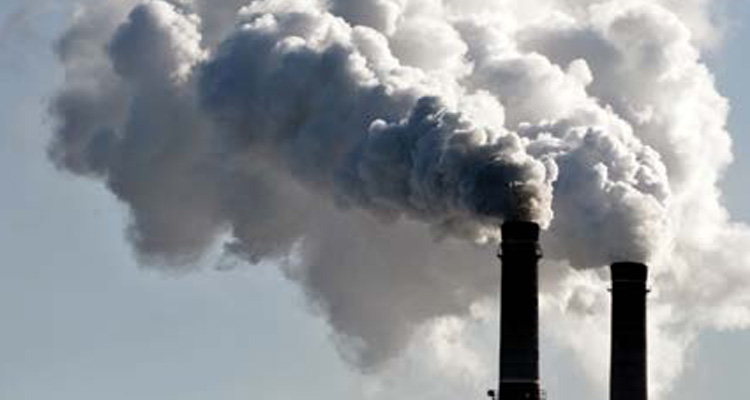
Climate change is caused primarily by increased Greenhouse Gas (GHG) Emissions in the atmosphere which trap energy and elevate temperatures. In New Jersey the largest source of GHG is transportation, generating about 41 percent of total emissions according to 2012 EPA data. The second largest source is electric generation from fossil fuels, contributing about 19 percent of emissions.
New Jersey was formerly part of the Regional Greenhouse Gas Initiative (RGGI), the first mandatory market-based program in the United States to reduce greenhouse gas emissions. RGGI is a cooperative effort among nine Eastern states to cap and reduce carbon dioxide (CO2) emissions from the power sector. In 2011 the Governor withdrew New Jersey from the RGGI. Consequently, New Jersey no longer receives revenue from the sale of pollution allowances required in participating states, and the state’s power plants are no longer governed by a statewide limit on the amount of carbon pollution production. The foregone proceeds are estimated at $279 million from 2012 to 2017 with the total reaching $489 million by 2020.
New Jersey would benefit from joining the RGGI and implementing the Global Warming Response Act (GWRA). GWRA mandates the reduction of statewide GHG to 1990 levels by 2020 with a further reduction of 80 percent below 2006 emission levels no later than 2050. There is no plan to meet the 2050 targets. New Jersey’s in-state emissions from the electricity sector have been escalating over the past three years driven primarily by emissions from gas-fired electric plants.
 Not Started
Not Started
 In Progress
In Progress
 Completed
Completed
-
First Year
-
First Term
- Housing and Mortgage Finance Agency
- Department of Human Services
- New Jersey Redevelopment Authority
- Education
- New Jersey Division of Consumer Affairs
- Department of State
- Business Action Center - Department of State
- Office of Secretary of Higher Education
- Plastics Advisory Council
- Department of Treasury
- Higher Education
- State Agriculture Development Council
- New Jersey Transit Village Program
- Metropolitan Planning Organizations
- New Jersey Transit
- State Planning Commission
- Secretary of State - Office of Planning Advocacy
- Secretary of State - Division of Travel and Tourism
- Secretary of State
- Drinking Water Quality Institute
- Office of the Attorney General
- First Lady’s Office
- Governor’s Office - Authorities Unit
- Governor’s Office
- Department of Labor and Workforce Development
- Schools Development Authority
- Office of Emergency Management
- Agriculture
- Department of Education
- Department of Health
- Department of Children and Families
- Economic Development Agency
- Infrastructure Bank
- Board of Public Utilities
- Department of Transportation
- Department of Community Affairs
- Department of Environmental Protection
- Motor Vehicles Commission